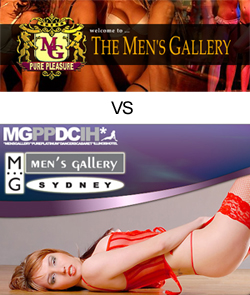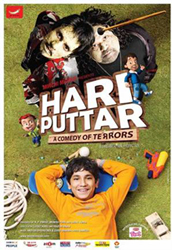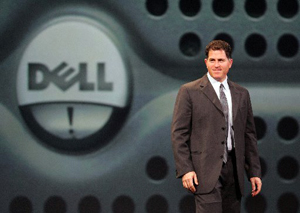 We’re moving!
We’re moving!
Please visit us at our new home, www.protectingbrands.com.au.
There’s already a new story waiting for you, on the Lord Of The Rings trilogy, and New Line Cinema being sued by the heirs of JRR Tolkien!
The new enhanced platform will allow us to do more interesting things with blog entries – you can vote on questions or provide your opinions. This is all coming up soon so it’s very exciting…
All those who signed up through the Subscribe link at the top of this page have been automatically transferred to the new site (you won’t need to sign up again). If you subscribed through RSS, you’ll need to visit the new site and subscribe again. It’s generally best to subscribe using our Subscription page because we can send you notification of new activities and exclusive publications without having to post on the blog.
Any problems (ie you don’t receive our regular stories on Mondays and Thursdays), please contact us by leaving a comment below and our administrator will help you to resolve it.

 The
The  ‘Gentlemen’s Club’
‘Gentlemen’s Club’ 
 Following on from
Following on from 


 Warner Bros, producers of
Warner Bros, producers of  Computer company Dell has
Computer company Dell has